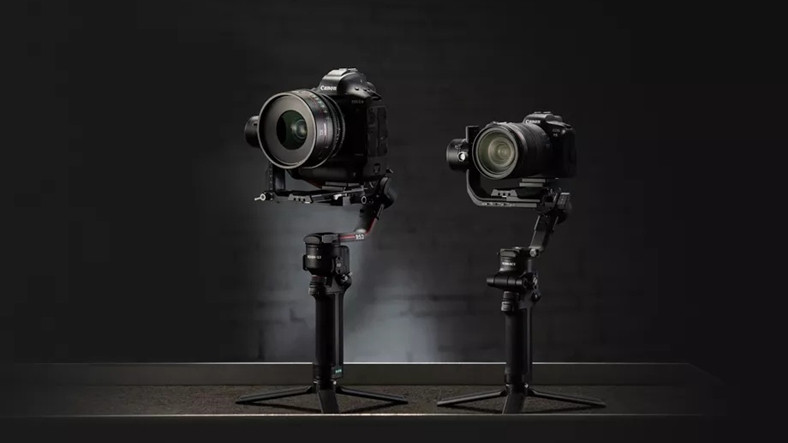A widely used police interview technique used by both the FBI and UK police to determine if a suspect is lying is inoperable, according to a report released today. In fact, there is evidence that technology is helping liars become even better liars.
Researchers led by the University of Portsmouth conducted a critical analysis of the Model Statement lie detection technique and the results were published in the today Journal of Investigative Psychology and Perpetrator Profiling. There are concerns that the technique can be dangerous to use in prosecuting the criminal justice system and researchers are calling for an urgent review of its practice.
Detecting lies is an essential part of any criminal investigation. Lies are usually difficult to spot because of the small and unreliable differences between real and fabricated statements. For this reason, researchers have begun developing interview techniques to increase the available evidence of deception and improve lie detection performance. The model instruction technique is based on the recognition that longer, more detailed instructions usually contain more indications of deception than shorter instructions. Although many different techniques are used, Model Statement is becoming increasingly popular.
However, researchers have found that the model statement, while a promising tool for detecting lies, has nowhere to be used in practice.
Senior Researcher Cody Porter, Senior Teaching Fellow in Psychology and Abusive Behavior at the University of Portsmouth, says, “I think it is dangerous to put Model Statement into practice now as there are many sources that show that the Model is Statement technique this assists fortune tellers, to say more, it also assists liars to do the same. The result is that it becomes impossible to tell the difference between someone who is telling the truth and someone who is lying.
This is the first time a critical analysis of the lie detection technique has been conducted by Model Statement. Porter says: As a discipline, we’re very good at research, but sometimes we have to take a step back and look at what would actually be useful in practice. ”
“We argue that based on the evidence from previous studies, the mix of different dependent measures, the variety of model prediction techniques in circulation, the lack of theoretical basis, and the impact of delays on respondents’ memory performance, the model statement should not be in practice used by police officers or other investigators.
At present, the testimony can do more harm to the investigation by asking liars to make statements similar in length to fortune tellers that seem more believable, or by encouraging fortune tellers to provide more information that is inaccurate. ”
The report suggests that researchers could instead develop tools that encourage liars and fortune tellers to adapt different verbal strategies when hearing the same instructions, making their verbal behavior less similar.
Reference: “A Critical Analysis of the Model Statement Literature: Should This Tool Be Used in Practice?” By Cody Normitta Porter, Rachel Taylor and Giacomo Salvanelli, October 15, 2020, Journal of Investigative Psychology and Perpetrator Profiling.
DOI: 10.1002 / jip.1563



